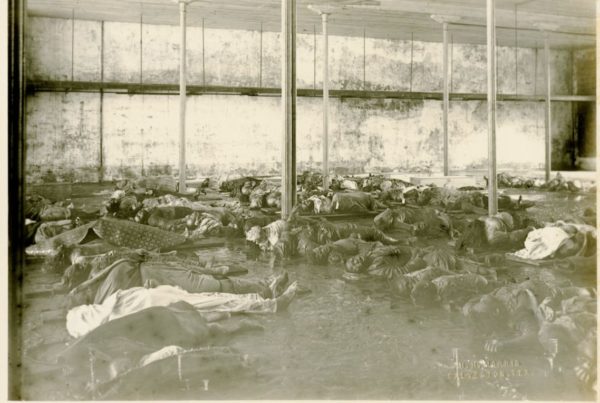Tuesday, something happened in Nebraska that could represent a sharp change in direction for conversations about capital punishment. Carey Dean Moore, a 60-year-old, convicted of killing two taxi drivers, was executed by the state. The event is notable for two reasons: this was the first execution in Nebraska since 1997, and the method of execution – the state used fentanyl to kill the condemned.
Fentanyl is the opioid blamed for thousands of deaths in an epidemic that’s been sweeping the nation. This is the first time it has been used in a state execution. And that could have a lot of significance for the state of Texas, which has had difficulty finding drugs for use in executions.
Robert Dunham is executive director of the Death Penalty Information Center says it’s not yet clear whether the execution was “botched” or not.
“One of the problems we have in watching the executions is that media witnesses don’t get to see the whole thing,” Dunham says. “We know from what the witnesses were able to observe that the execution took longer than expected.”
Moore, the executed prisoner, coughed at some point during the execution process, and his face turned red and then purple. Dunham says the curtain came down before the fourth drug, potassium chloride, was administered, “which has been described as liquid fire.” The drug is used to stop the condemned prisoner’s heart.
Dunham says Nebraska’s use of a four-drug cocktail is also unique.
“No one’s ever used four drugs before, and there is no real medical reason why you would use four drugs,” he says.
Dunham says it’s not known how long Moore was conscious, or whether he experienced pain before he died.
Dunham says it’s not yet clear whether other states, including Texas, will move toward adopting fentanyl as an execution drug.
“The reason that the state moved toward fentanyl had nothing to do with the unique properties of the drug,” Dunham says. “If the drug were something that was considered most appropriate for executions, we wouldn’t have gone through 1,300 lethal injections before somebody used it,”
He says the lingering questions about how well the execution was handled make it unlikely fentanyl will immediately become the drug of choice in other states.
Written by Shelly Brisbin.
















